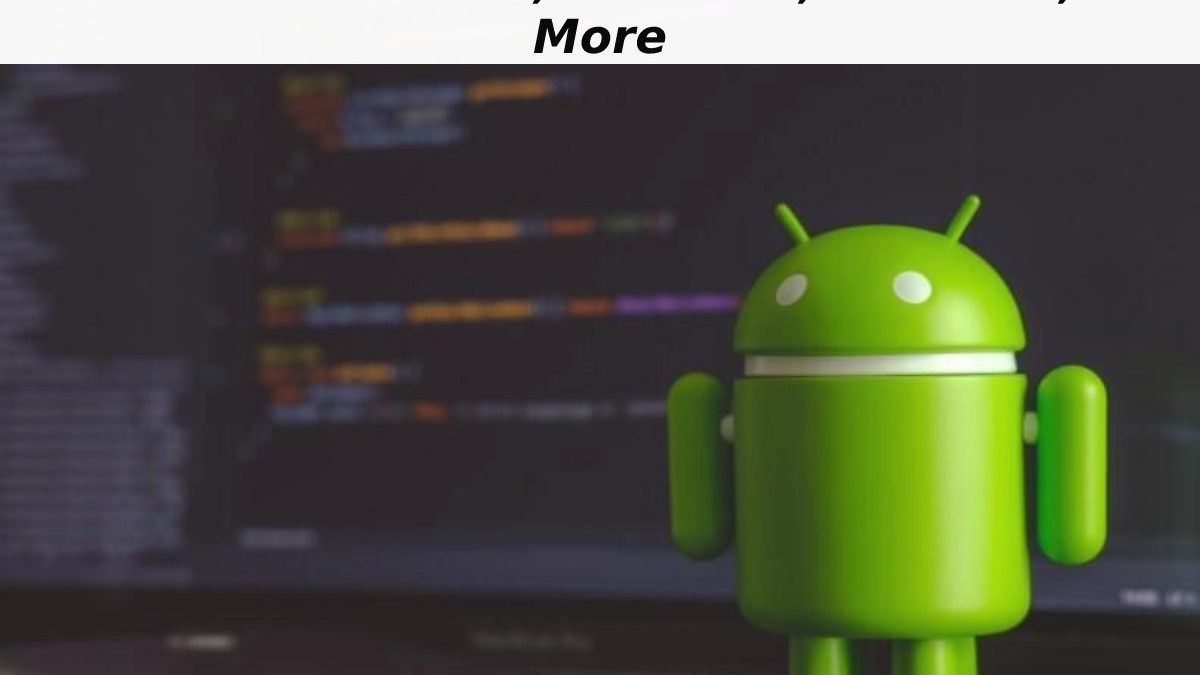Table of Contents
Android Definition
Android, like iOS, Symbian, and Blackberry OS, was designed originally for mobile phones. However, what distinguishes it is that it is build on Linux, a free, cross-platform operating system core.
In addition, [Android], created by Android Inc, a company acquired by Google in 2005, is based on Linux, free program that, in turn, is based on Unix. In this way, the initial objective of [Android] was to promote open standards in phones and mobile computers.
The system allows programming applications in a Java variation called Dalvik. The operating system provides all the virtual interfaces to develop applications that access the telephone functions (such as GPS, calls, calendar, etc.) in a well-known programming language such as Java.
This simplicity, together with the existence of free programming tools, makes one of the most important things about this operating system the number of applications available, which extend the user experience almost without limits.
Features Of Android
It can adjust to different screen resolutions and connects through WiFi, Bluetooth, LTE, CDMA, GSM / EDGE, HSPA +, and UMTS, among other technologies. It also supports MMS and SMS messaging, has a web browser, supports streaming development, and can deal with MP3, GIF, JPEG, PNG, BMP, WAV, MIDI, MPEG-4, and other multimedia formats.
One of the best appealing features of this operating system is that it is entirely free. That is, you do not have to pay anything to program in this system or include it on the phone. And this makes it very popular with manufacturers and developers since the costs to launch a phone or an application are very low.
On the other hand, Anyone can download the source code, inspect it, compile it, and even change it. This gives users security, as something open allows faults to detect more quickly. And also manufacturers because they can better adapt the operating system to terminals.
History Of Android
Android was a virtually unknown mobile operating system until Google bought it in 2005. Then, until November 2007, there were only rumors. Still, on that date, the Open Handset Alliance was launched, bringing together many mobile phone manufacturers, chipsets, and Google. The first version of it was provided, along with the SDK, so programmers began to create applications for this system.
Although the beginnings were a little slow because the operating system was launched before the first mobile, it has quickly become the best-selling mobile operating system in the world, a
The situation was reached in the last quarter of 2010.
In February 2011, [Android] version 3.0, code-named Honeycomb, was announced, which is specially optimized for tablets instead of mobile phones. Therefore [Android] has transcended mobile phones to transcend larger devices.
The Versions and Their Release Dates :
- Android 1.0 initial release date September 23, 2008
- Android 1.1 initial release date February 9, 2009
- Android 1.5. Cupcake’s initial release date was April 27, 2009
- Android 1.6. Donut’s initial release date was September 15, 2009
- Android 2.0 to 2.1. Eclair’s initial release date was October 26, 2009
- Android 2.2. Froyo’s initial release date was May 20, 2010
- Android 2.3. Gingerbread’s initial release date was December 6, 2010
- Android 3.0 to 3.2. Honeycomb’s initial release date was February 22, 2011
- Android 4.0. Ice Cream Sandwich’s initial release date was October 18, 2011
- Android 4.1 to 4.3. Jelly bean’s initial release date was July 9, 2012
- [Android] 4.4. KitKat’s initial release date is October 31, 2013
- [Android] 5 Lollipop initial release date November 12, 2014
- [Android] 6. Marshmallow’s initial release date was October 5, 2015
- [Android] 7 Nougat initial release date August 22, 2016
- [Android] 8 Oreo initial release date August 21, 2017
- [Android] 9.0 Pie initial release date August 6, 2018
- [Android] 10 initial release date September 3, 2019
Conclusion
Android is a Linux-based open foundation operating system for mobile devices such as smartphones and tablet computers. The Open Handset Alliance, led by Google, and other firm collaborated to create it. This operating system has now surpassed all other mobile operating systems. All Google services are available with a single operating system, called “Android.” The features of Android versions are continually expanding.

